The Importance of Air Quality for Your Baby’s Health: Tips From An HVAC Expert
The Importance of Air Quality for Your Baby’s Health: Tips From An HVAC Expert
September is Baby Safety Month. As a parent, ensuring the well-being and health of your baby is of utmost importance. While you may pay close attention to their diet, sleep patterns, and overall environment, one aspect that often goes unnoticed is the quality of the air they breathe. Indoor air quality plays a crucial role in your baby’s health, as they spend a significant amount of time indoors. In this blog, we will explore the importance of air quality for your baby’s health and provide valuable tips from an HVAC expert on how to maintain clean and fresh air in your home.
Why Air Quality Matters for Babies
Babies have developing immune systems and respiratory systems that are more vulnerable to pollutants than those of adults. Poor indoor air quality can lead to various health issues, including allergies, asthma, respiratory infections, and other respiratory problems. Babies also breathe at a faster rate than adults, which means they inhale a larger volume of air per unit of body weight. Therefore, any harmful substances present in the air can have a more significant impact on their health.
Common Indoor Air Pollutants
Understanding the common indoor air pollutants can help you identify potential sources and take necessary measures to minimize exposure. Some of the most common pollutants include:
1. Volatile Organic Compounds (VOCs)
These are emitted by household products such as paint, cleaning agents, and furniture, and can cause eye, nose, and throat irritation, as well as headaches and dizziness.
2. Dust and Allergens
Dust mites, pet dander, pollen, and mold spores can trigger allergies and respiratory problems in babies.
3. Secondhand Smoke
Exposure to secondhand smoke increases the risk of respiratory infections, asthma, and sudden infant death syndrome (SIDS).
4. Chemicals from Building Materials
Newly constructed or renovated homes may release chemicals such as formaldehyde from carpets, insulation, and other building materials, which can be harmful when inhaled.
Tips for Maintaining Good Air Quality
1. Regular HVAC Maintenance
Schedule regular maintenance for your heating, ventilation, and air conditioning (HVAC) system to ensure it operates efficiently and effectively. Change air filters as recommended by the manufacturer to prevent the buildup of dust, allergens, and other pollutants.
2. Ventilation
Proper ventilation is crucial for maintaining good air quality. Open windows whenever possible to allow fresh air to circulate. Consider installing mechanical ventilation systems such as exhaust fans or heat recovery ventilators (HRVs) to improve indoor air quality.
3. Control Humidity
High humidity levels can promote the growth of mold and dust mites, while low humidity can cause dryness and irritation. Use a dehumidifier or humidifier to maintain optimal humidity levels between 30% to 50%.
4. Eliminate Potential Sources of Pollution
Minimize the use of chemical-based cleaning agents, air fresheners, and pesticides. Choose natural and environmentally friendly alternatives whenever possible.
5. Keep a Clean Environment
Regularly clean and vacuum your home to remove dust, pet dander, and other allergens. Use a vacuum cleaner with a HEPA filter to trap smaller particles effectively.
6. Avoid Smoking Indoors
If you or anyone in your household smokes, make sure to do it outside and away from the baby’s living areas. Remember that thirdhand smoke, the residual smoke left on surfaces, can also be harmful.
7. Monitor Carbon Monoxide Levels
Install carbon monoxide detectors near bedrooms and other living areas to protect against this odorless and potentially lethal gas.
Contact 247 Local Electrician Today for All Your Indoor Air Quality Needs in Milwaukee, WI and Surrounding Areas
Ensuring good air quality in your home is essential for the health and well-being of your baby. By taking proactive steps to minimize indoor air pollutants, you can create a safe and healthy environment for your little one. By following the tips provided by HVAC experts, you can make a positive impact on your baby’s respiratory health and overall quality of life.
Remember, the quality of the air your baby breathes matters, so prioritize their health by prioritizing the air they breathe! Contact 247 Local Electrician today and learn more about our indoor air quality products and services.
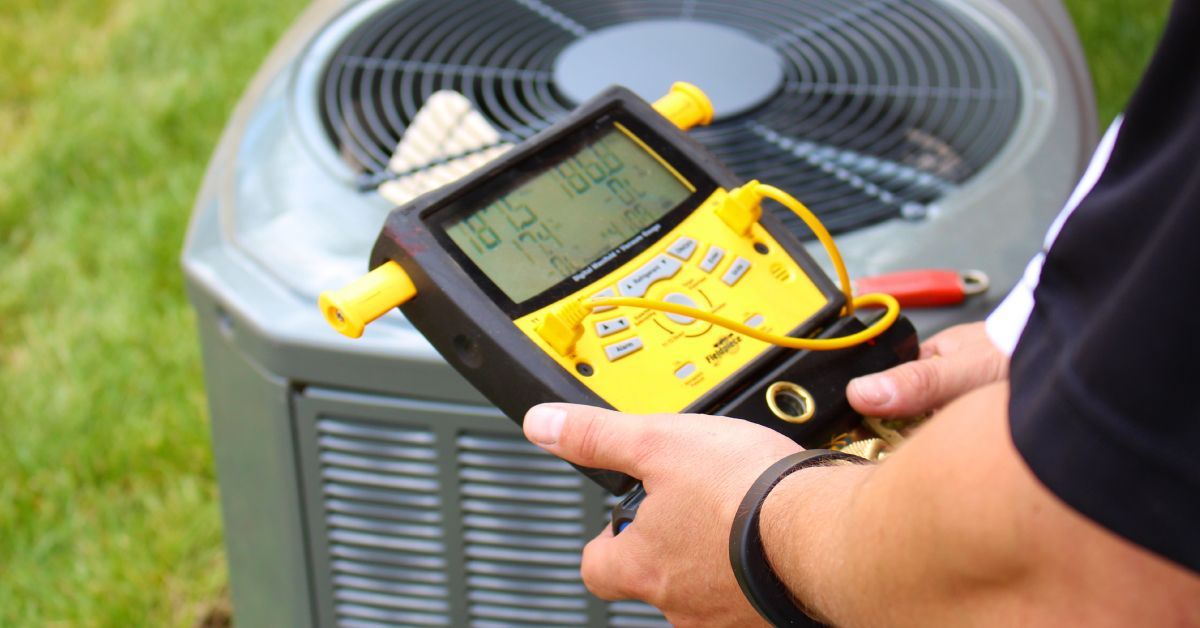
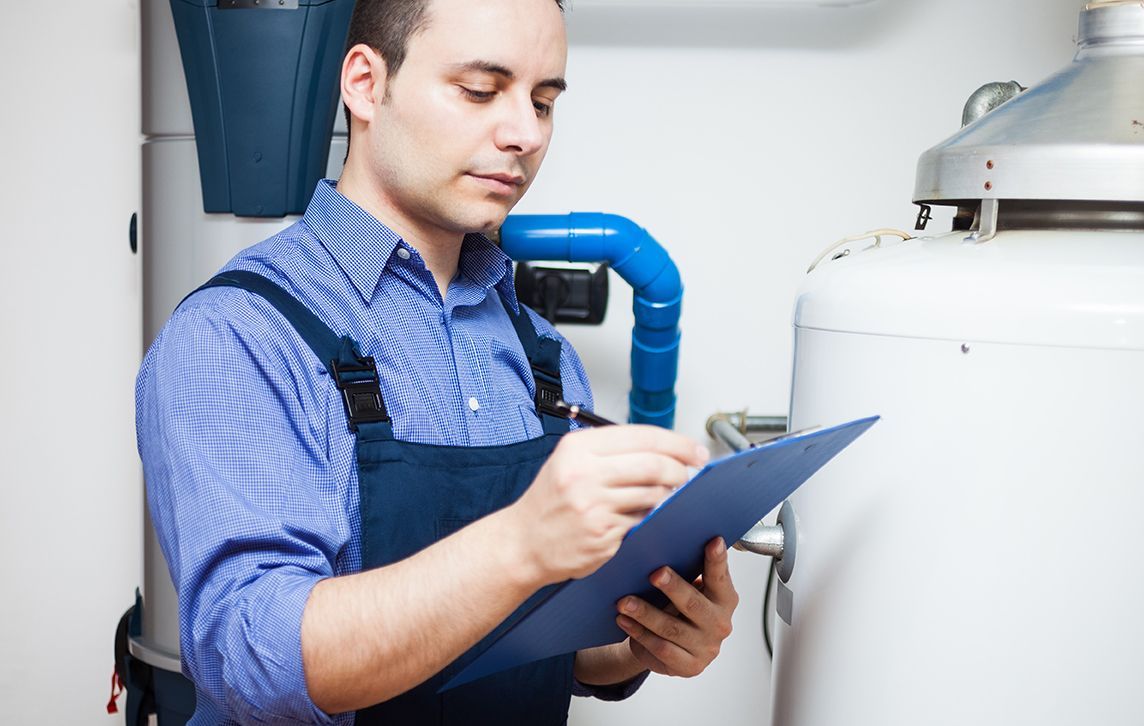
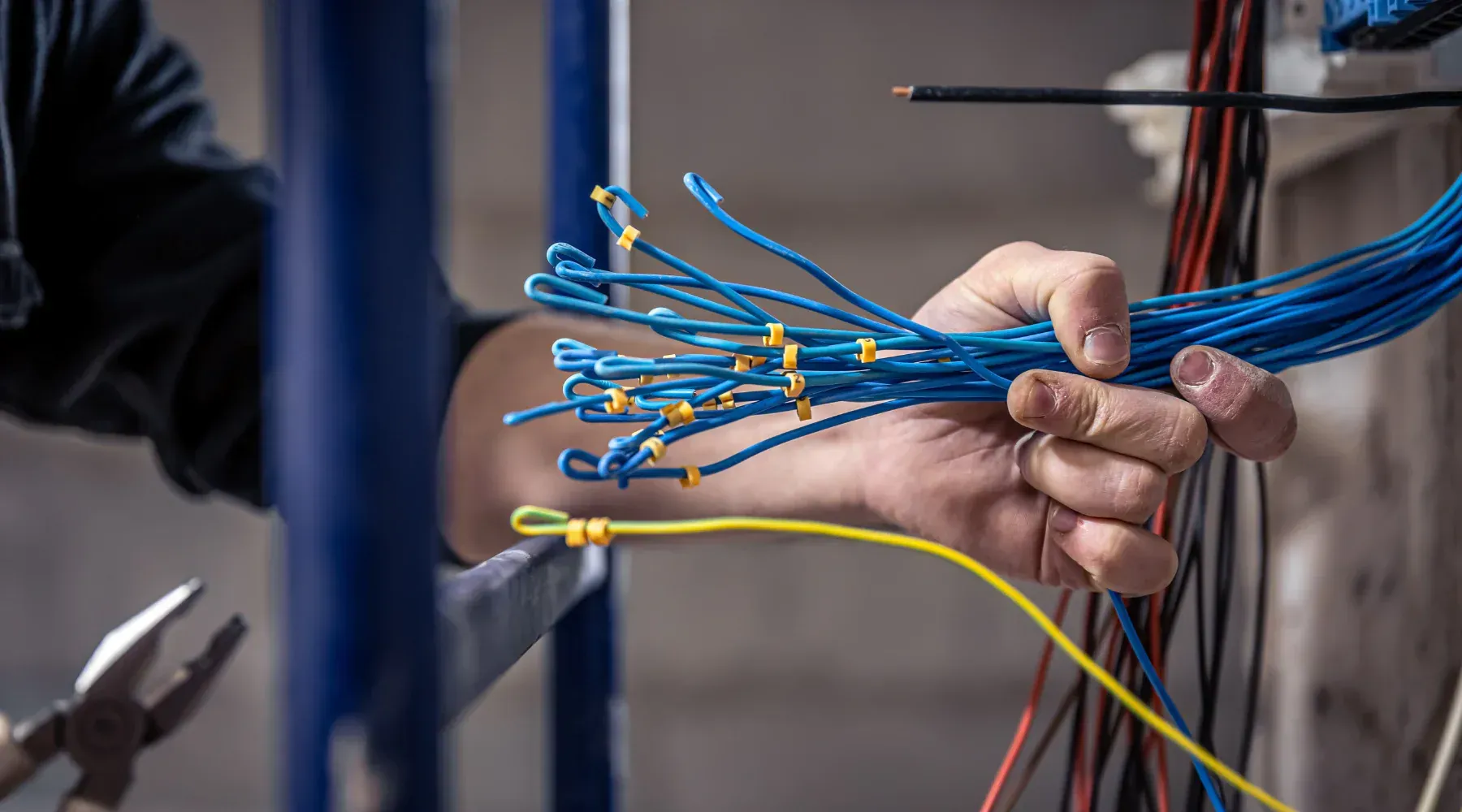

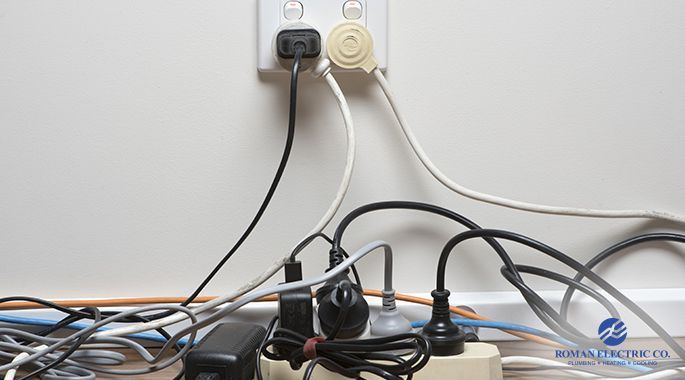
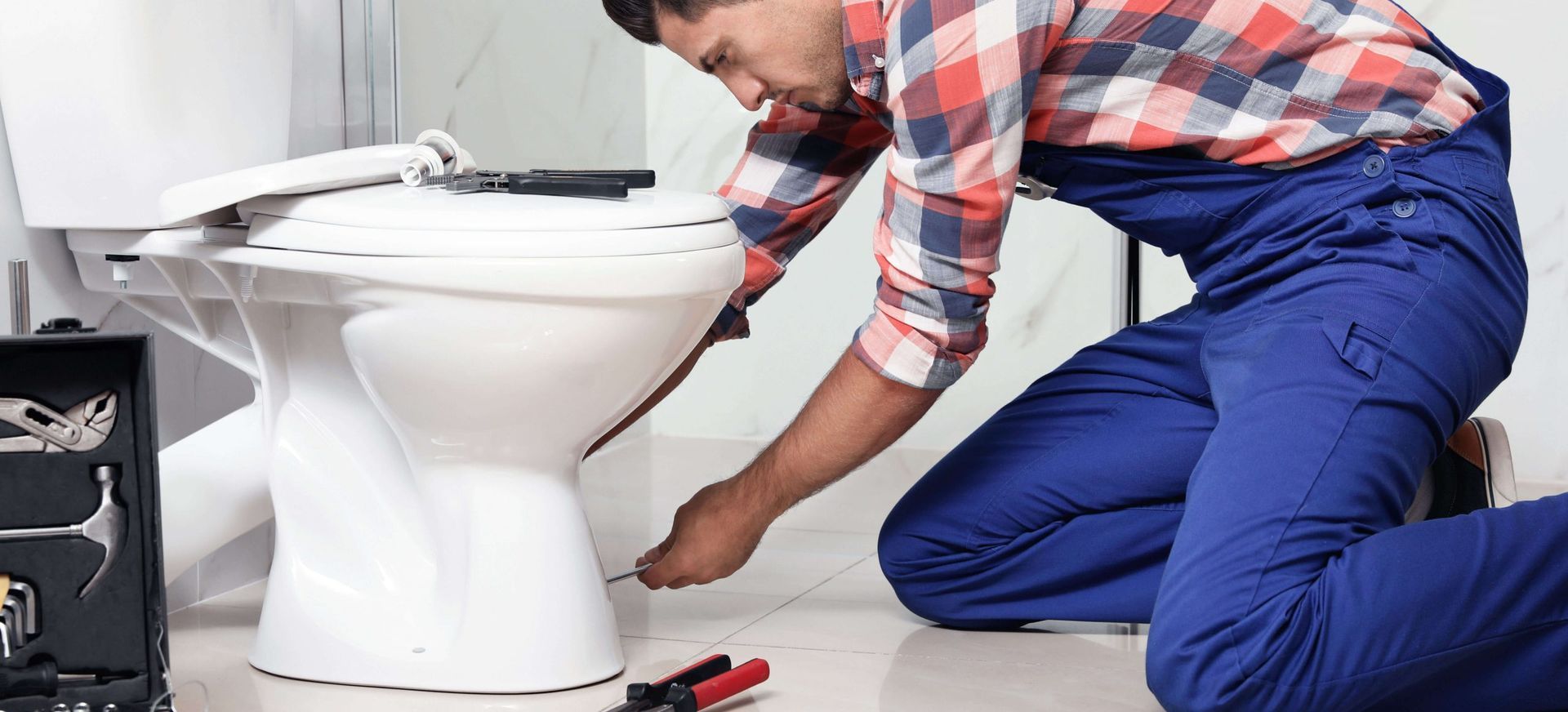
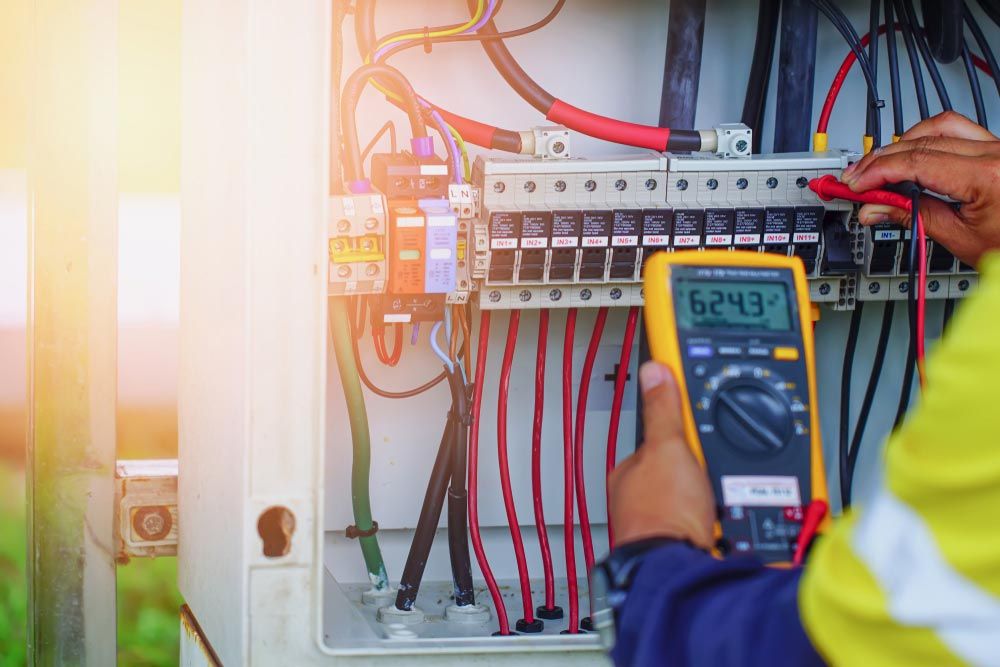

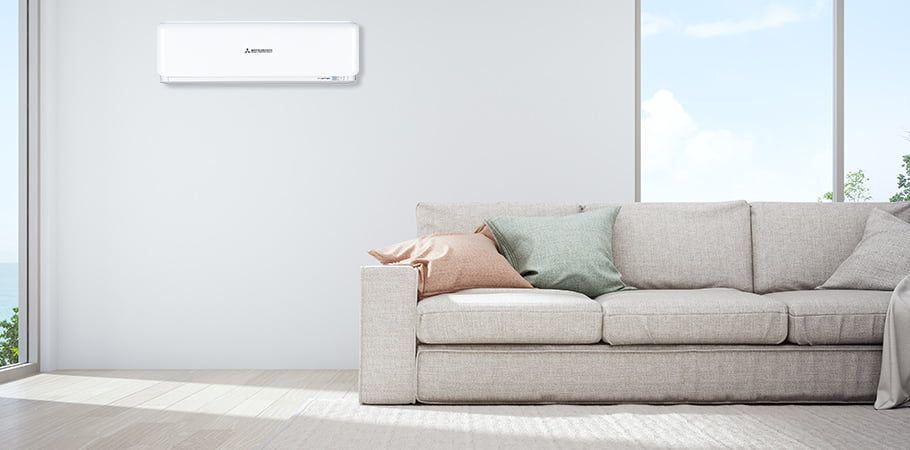

Disclaimer: 24/7 Local Electrician connects users with independent Electricians but does not guarantee service availability, verify licenses, or ensure insurance coverage. For full details, check out 24/7 Local Electrician
disclaimer.
